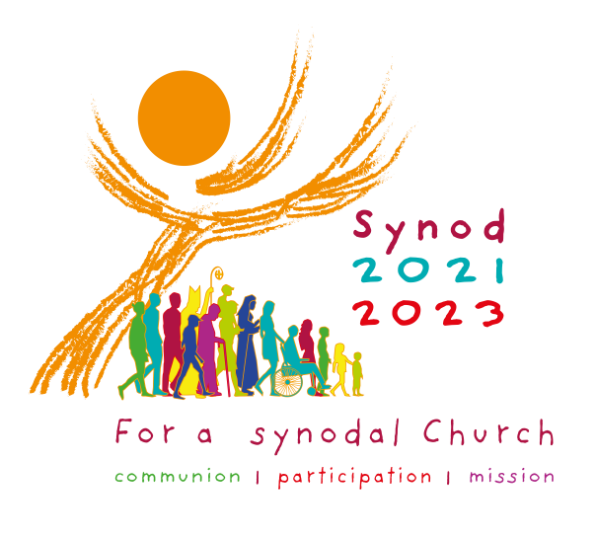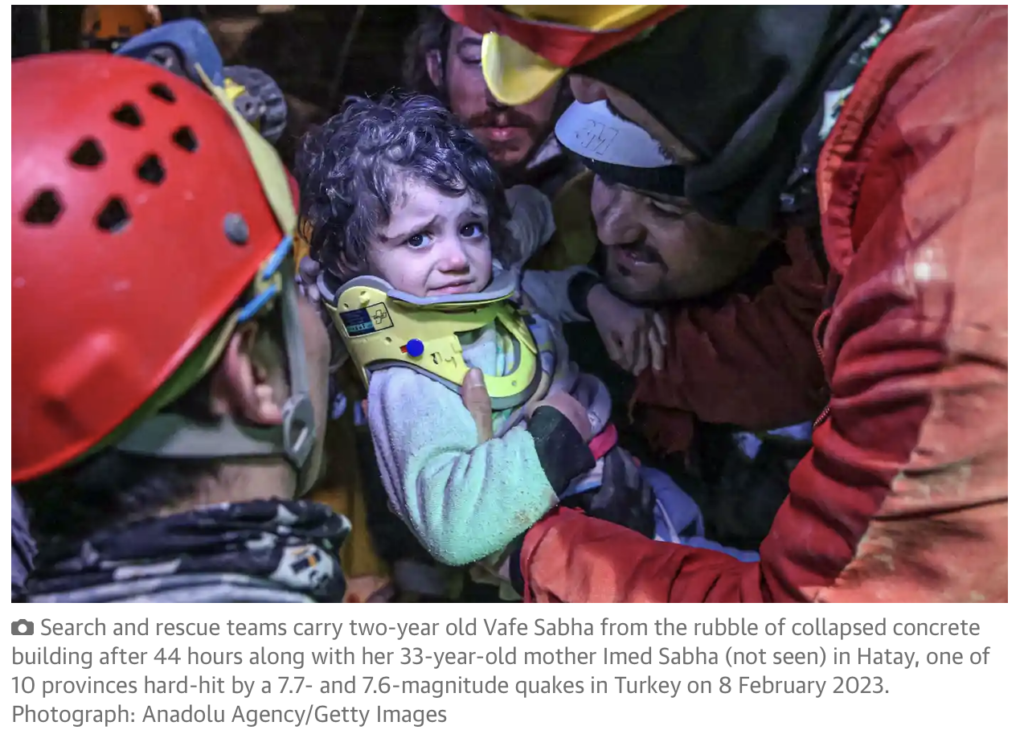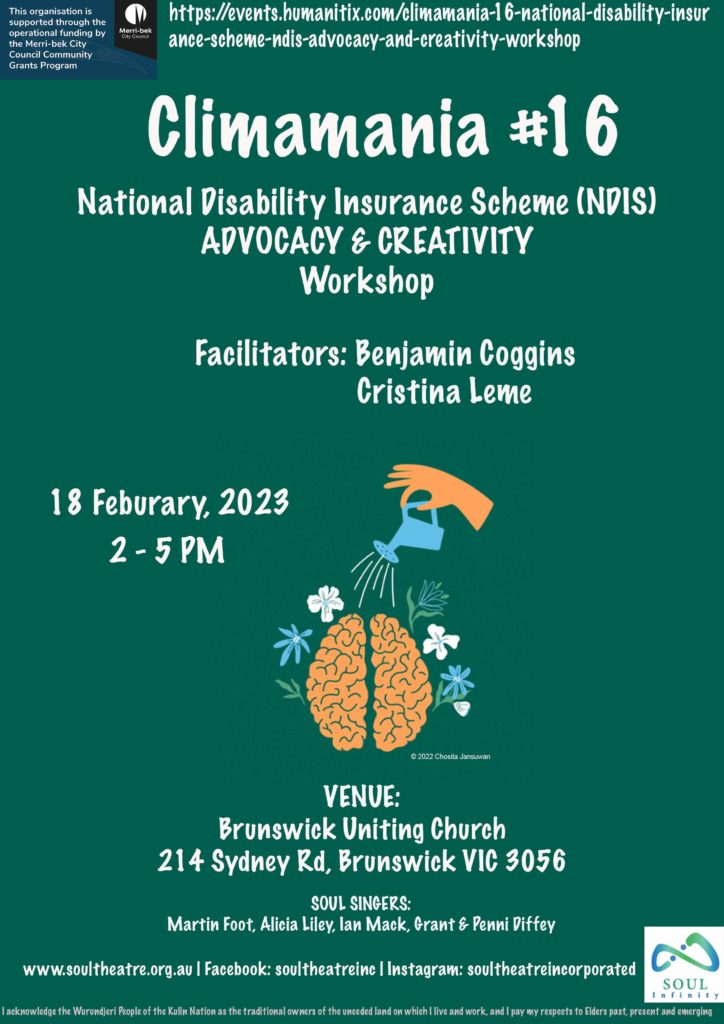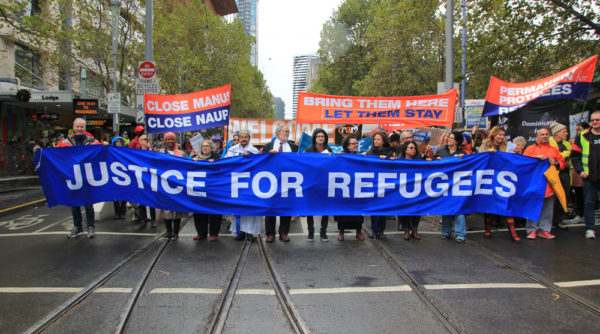
As Valentine’s Day approaches, the World Council of Churches (WCC) is sending a message about healthy relationships: “Love Heals, Not Hurts.” The campaign, now in its fifth year, is part of the WCC Thursdays in Black global movement for a world free from rape and violence.
The special Valentine’s message, also shared via social media cards, is an annual tradition that’s part of the WCC’s work toward gender justice.
In a video reflection, WCC general secretary Rev. Prof. Dr Jerry Pillay noted that the Bible tells us that love is the greatest of all spiritual gifts.
“It is a profoundly tender, passionate affection for another person, or a feeling of warm personal attachment or deep care for a parent, child, family member, or friend,” he said. “Love values and respects the other person, supports their wellbeing, and demands nothing in return.”
This is the love, Pillay continued, that many share and receive in familial, platonic, and romantic relationships. “In this season of celebrating love, sharing symbols of love is natural and healthy,” he said. “At its best, such sharing strengthens us as individuals, communities and society.”
The WCC, in 1998, declared sexual and gender-based violence a sin, and reiterated condemnation of such acts in 2018. Yet, violence against women and girls, men, and boys continues daily, as tragic statistics show.
Approximately 81,000 women and girls were murdered across the globe in 2020, or one female every 11 minutes. Among them, 46,980 women and girls died as a result of intimate partner violence.
One in three women face physical, sexual, or some other form of abuse in their lifetime. “We may not realize that this translates to more than one billion women and girls being affected by abuse and other forms of violence, and 736 million girls and women being subject to intimate or non-partner physical or sexual violence,” said Pillay.
Love is not easily provoked and is not evil, concluded Pillay. “Love heals, love restores, love redeems,” he said. “This Valentine’s Day and always, the WCC stands against rape and violence.”







